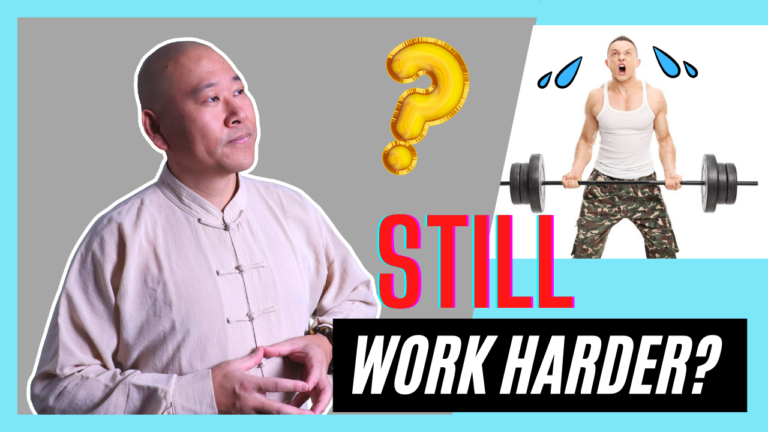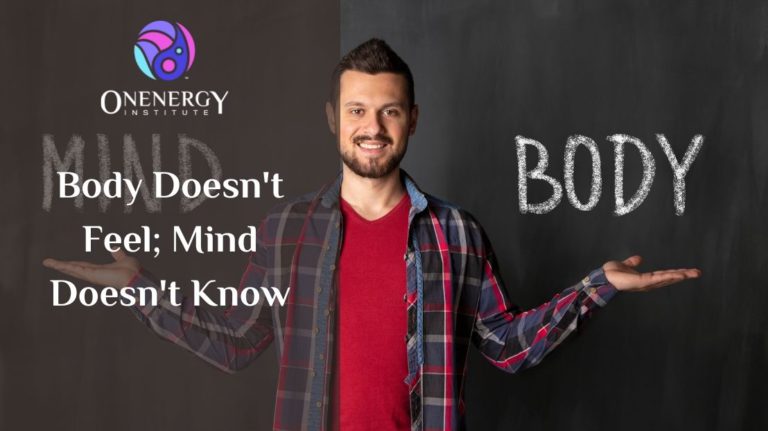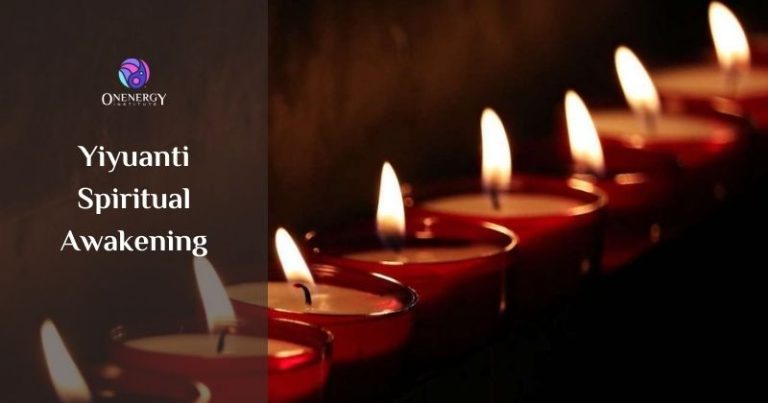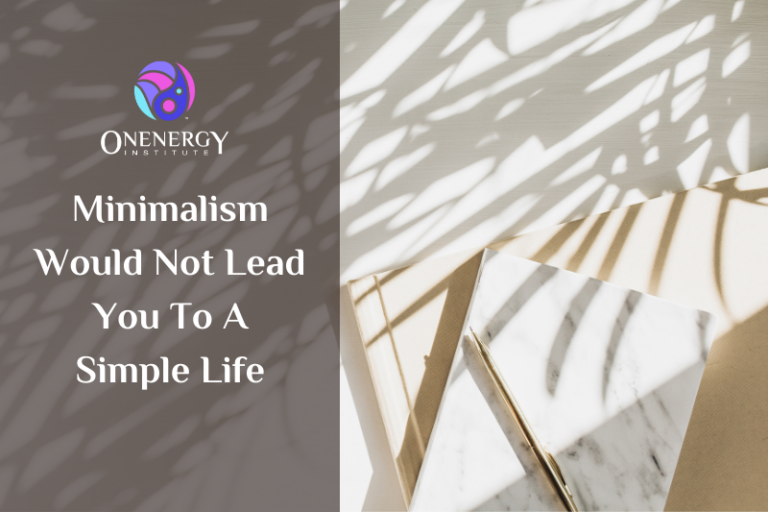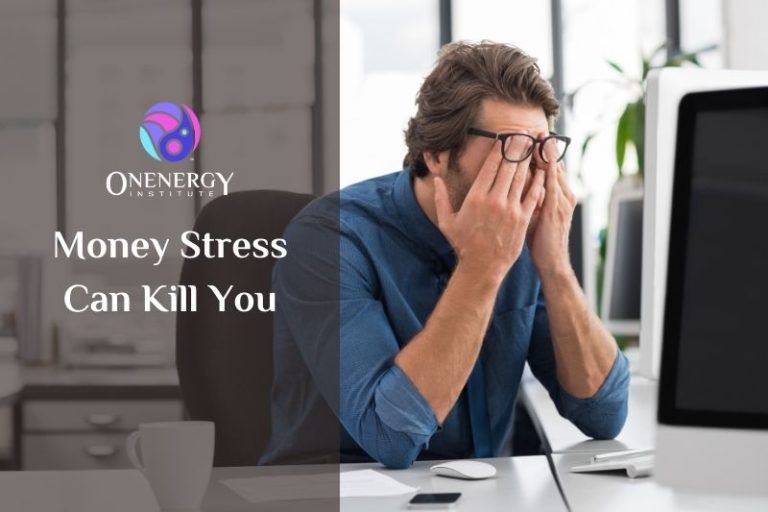What Did Lao Tzu Really Mean By “Wu Wei”
I’m sure, everyone knows who Lao Tzu is, an Ancient Chinese philosopher and an enlightened person. In our modern era, almost all of his sayings are quoted, of which the most popular one is “Wu Wei”.
Just when you search his name on Google, a lot of his sayings will appear immediately. Maybe you can’t remember him by name, but for sure you’ve read one of his teachings somewhere. What is great about Lao Tzu is even non-Taoists are living by his words. That’s how impactful and respectful his life was.
Lao Tzu’s wisdom and insights were collected in a book “Dao De Jing”, also referred to as the Taoist bible. People tried to translate “Dao De Jing” and interpret his scripture in different languages. For example, when he talked about “Wei” and “Wu Wei”, people translated them into “doing” and “not doing” or “doing nothing”. But what is the true meaning behind those two famous quotes? Stay along in the article as we talk about it more.
You Never Wu Wei In Your Life
What most people don’t realize is that doing something and not doing anything are just the same. How is it possible? That when you’re bored you feel you’re doing nothing? Let me give some examples, just like sitting down on the couch and staring at the wall. What are you doing at that moment? Not “nothing”, but sitting down and staring, isn’t it? Not to mention you are also breathing that time.
When you’re standing and holding your phone and waiting for a call. What are you doing? Right, standing, holding your phone and waiting. When you try to do nothing and hold your breath for a minute, you are still doing something. In that case, hold your breath.
You see, you never ran out of doing something. You are constantly busy doing something all the time. Not the type of busy where you hustle out of productivity, but the type of busy where you’re juggling many things at any given time. Just like making a decision. Not making a decision is still a decision. You are given many options but end up not choosing any of them, which is still a choice decision.
Why You Can’t Wu Wei
But have you wondered why you feel the urge to always do something to keep you busy? To answer that question, you need to answer this question first.
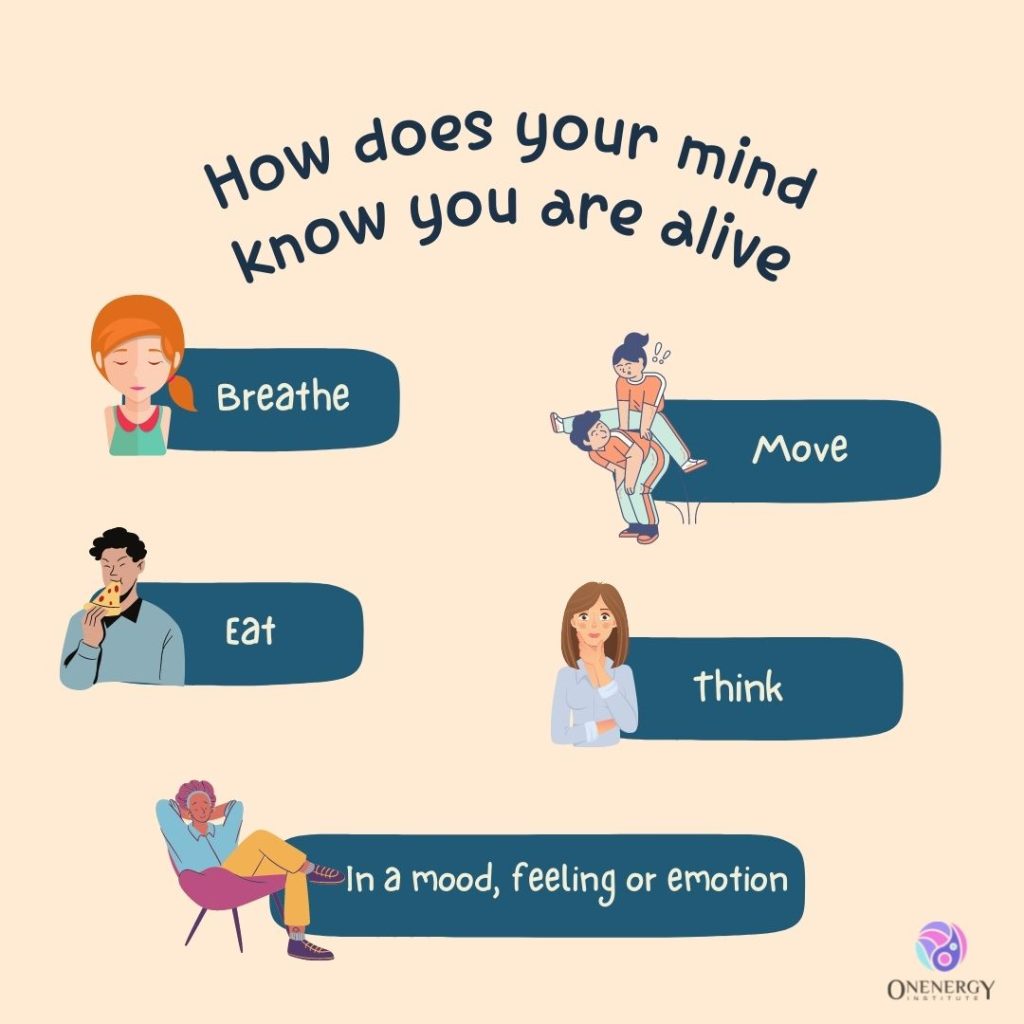
How do you know that you are alive? By breathing? By your thoughts? By your five senses? That’s correct. And there is this deeper intention behind it: You keep busy doing something (or thinking which is also a doing) so that you can feel you are alive. Your mind keeps your breathing and five senses and thoughts on guard so that it can assure you are alive.
Even when on idle times that you are just sitting or laying down, you will grab your phone, browse the internet, or you will grab the remote controls and watch Netflix. Your mind always wants to feel occupied because “the feeling of not doing anything” makes it uneasy. Therefore you are living as a psychological being, not an existential being. Because only through doing and thinking can you have a sense of being alive.
However, you must know that you are alive regardless of your five senses and thoughts. You don’t need proof that you are alive. Without five senses or thoughts, you still exist. Otherwise, when you are asleep, you don’t have thoughts or feelings, are you still alive?
Yes of course. We, humans, are human beings in nature, not human doings. The meaning of your life is not decided by the things you do. Living in the means of doing can suppress your human nature and will cause you to suffer inevitably.

To truly understand what Lao Tzu meant by “Wei” and “Wu Wei”, you need to transcend yourself beyond the limitations of your physical and psychological existence. Otherwise, you’ll be stuck thinking you have understood it, but really you can’t. You’ll just rely on imagination and never really experience it in your reality.
Let me ask you one last question. Do you want to live in your psychological world imagining the truth? If you want to live joyfully as an existential human being, we will show you the way in our qigong program.


